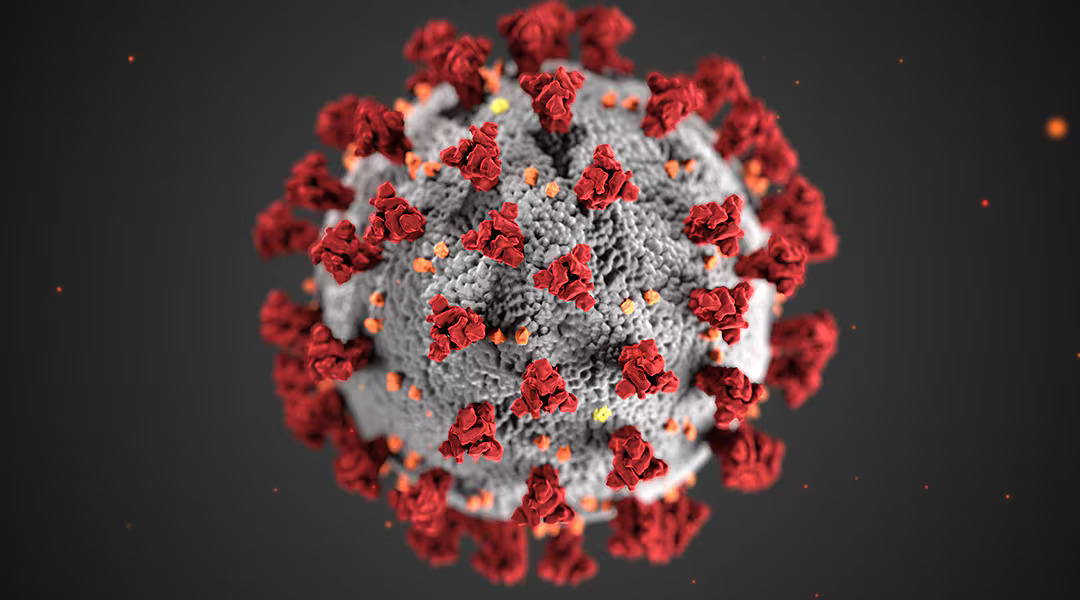As COVID-19 cases rise this summer, driven by new variants, Dr. Michael Ben-Aderet, an expert in hospital epidemiology at Cedars-Sinai, provides guidance on how to handle the current surge.
He notes a seasonal pattern in COVID-19 cases, with increases typically occurring in both summer and winter, with winter waves often being more severe. This pattern has been observed for several years, though the exact reasons remain unclear.
This summer, the western United States is experiencing a significant spike in COVID-19 cases. Wastewater data indicates that the levels of the virus, which causes COVID-19, have risen from moderate to high since late June. This increase is attributed to the spread of newer variants known as FLiRT, including KP.3 and KP.2, which began circulating in the spring.

Dr. Ben-Aderet explains that the seasonal nature of COVID-19 could be influenced by both the virus’s inherent characteristics and human behaviors. Factors such as school vacations, increased travel, and more social interactions during the summer contribute to the surge in cases. Despite these patterns, the specific reasons for the virus’s seasonal fluctuations remain not fully understood.
To protect oneself from COVID-19, Dr. Ben-Aderet advises continuing the use of well-fitting masks, which remain effective in reducing transmission. Vaccination is also crucial, so staying up-to-date with COVID-19 vaccines is recommended. Avoiding contact with sick individuals and staying home if infected or exposed are additional preventive measures.
If infected by the new FLiRT variants, symptoms are expected to be similar to those of previous variants, typically including mild upper respiratory issues such as fever, cough, and runny nose, as well as occasional gastrointestinal symptoms. Testing remains effective for detecting these new variants, and treatments like Paxlovid continue to be available and effective in managing the disease.
